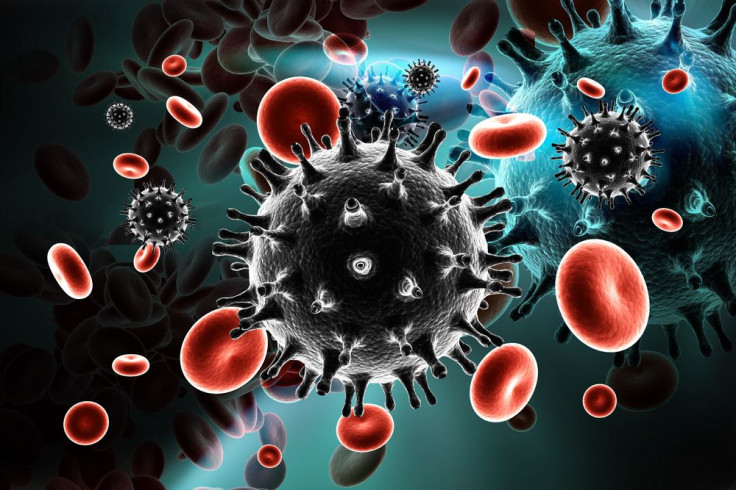New HIV Treatments May Stem From Understanding How Immune Cells Metabolize Cholesterol

In a recent study, researchers from the University of Pittsburgh Graduate School of Public Health found that enhanced cholesterol metabolism in specific immune cells may affect the progression of HIV in those with the infection. The different manner in which these cells metabolize cholesterol seems to be an inherited trait, and could lead to potential therapies for HIV/AIDS patients. The research was presented at the 8th International AIDS Society Conference on HIV Pathogenesis, Treatment & Prevention on July 17 in Vancouver.
“We’ve known for two decades that some people don’t have dramatic loss in their T cells and progression to AIDS that you’d expect without drug therapy,” said Dr. Giovanna Rappocciolo, assistant professor of Pitt Public Health’s Department of Infectious Diseases and Microbiology, in a recent press release. “Instead, the disease progresses more slowly, and we believe altered cholesterol metabolism in certain immune cells may be the reason.”
HIV infects the body by targeting immune cells known as T cells to replicate and spread. When T cells become ravaged by the virus, and dip below a certain number, the immune system is compromised and a patient moves from HIV to an AIDS infection. Certain immune cells known as antigen-presenting cells (APCs) have been observed delivering HIV to these T cells through a process known as trans infection. When APCs guide HIV to its primary target, the disease can progress more quickly.
Researchers are finding that certain individuals infected with HIV will not progress to AIDS for many years, even without antiretroviral therapy, because their APCs are not facilitating trans infection of T cells. Individuals who have slower rates of trans infection are known as “nonprogressors,” and researchers are starting to believe that altered cholesterol metabolism with these APCs is preventing this process from happening. They also believe cholesterol metabolism in these cells is an inherited trait.
In order to explore what is preventing APCs from doing their job, researchers collected over 30 years of data through the National Institutes of Health's (NIH) Multicenter AIDS Cohort Study (MACS), a confidential brand of research that examined the history of treated and untreated HIV/AIDS cases in homosexual men. The team specifically looked at the gene expressions of APCs from HIV patients who were slow to progress to AIDS, and the gene expressions of eight more rapid progressors.
“Compared to APCs from progressors, cells from nonprogressors expressed higher levels of several cholesterol-related genes associated with defective trans infection,” Rappocciolo said. “These results improve understanding of how nonprogressors control HIV without drug therapy and potentially may contribute to new approaches to manage HIV infection.”
Because of this new discovery, researchers hope they can parlay the information into novel HIV/AIDS treatments that use the body’s own defenses.
Source: Rappocciolo G, et al. The 8th International AIDS Society Conference on HIV Pathogenesis, Treatment & Prevention. 2015.



























